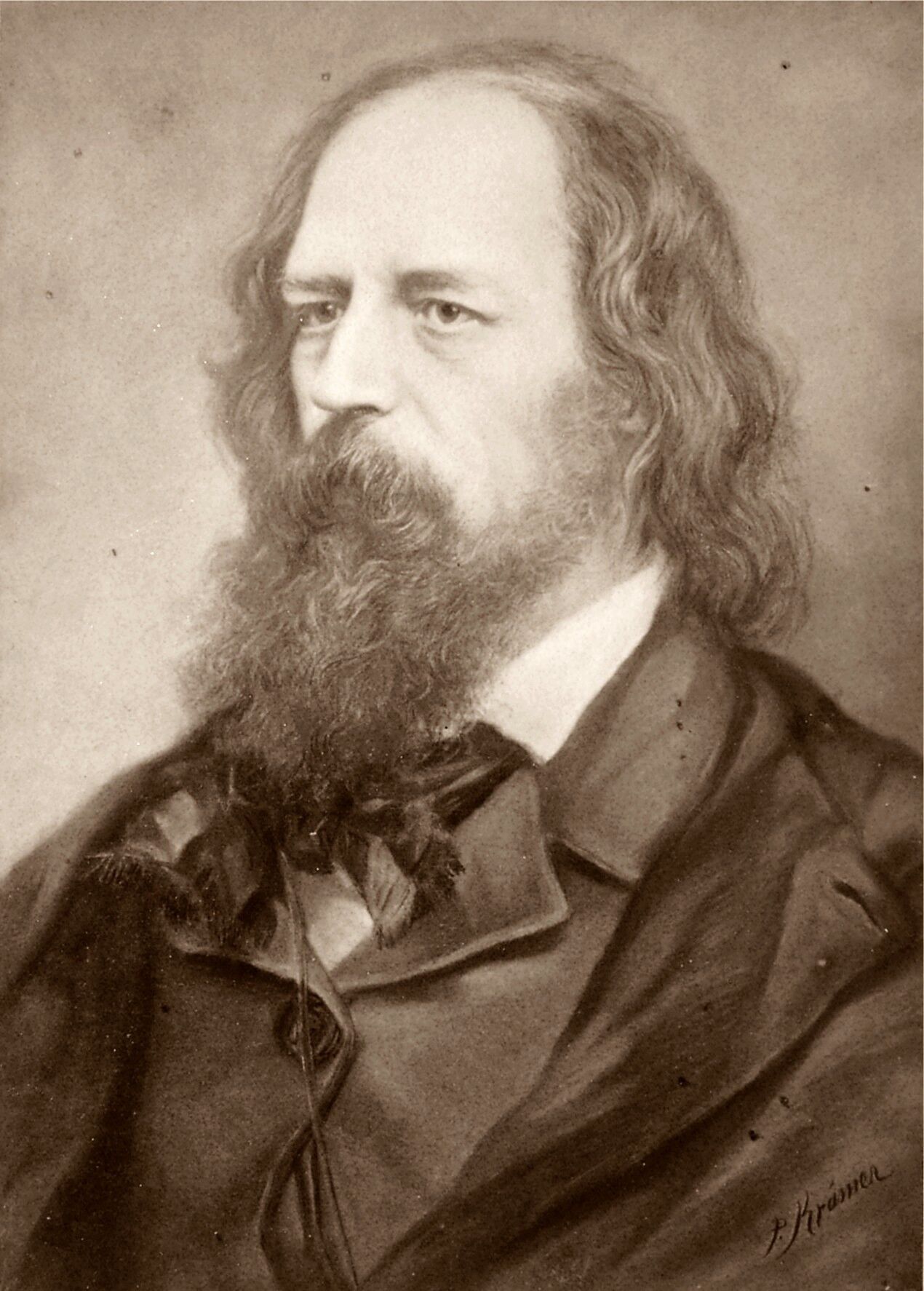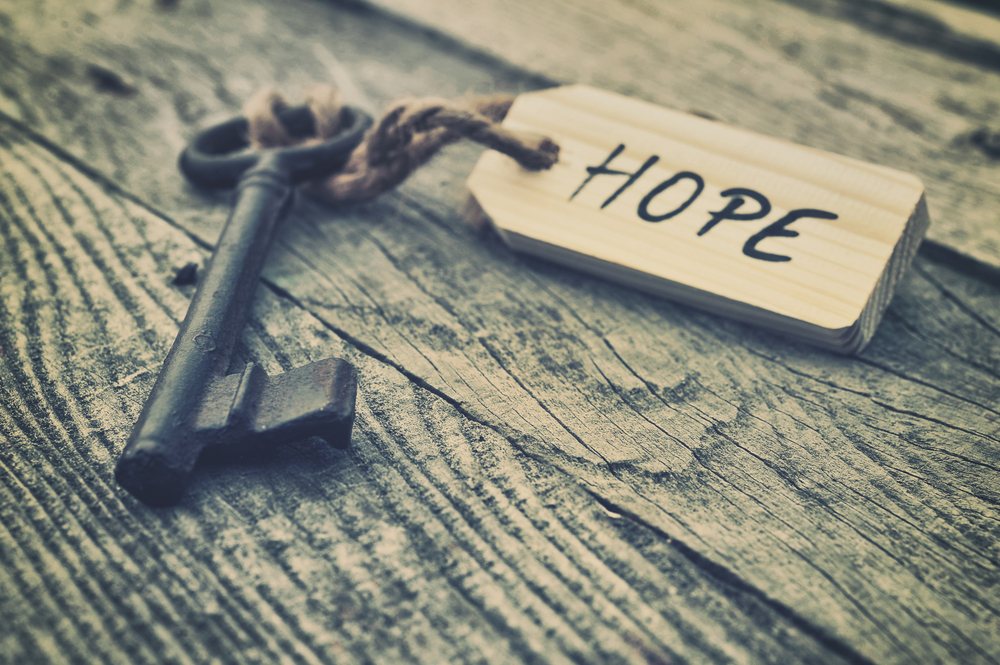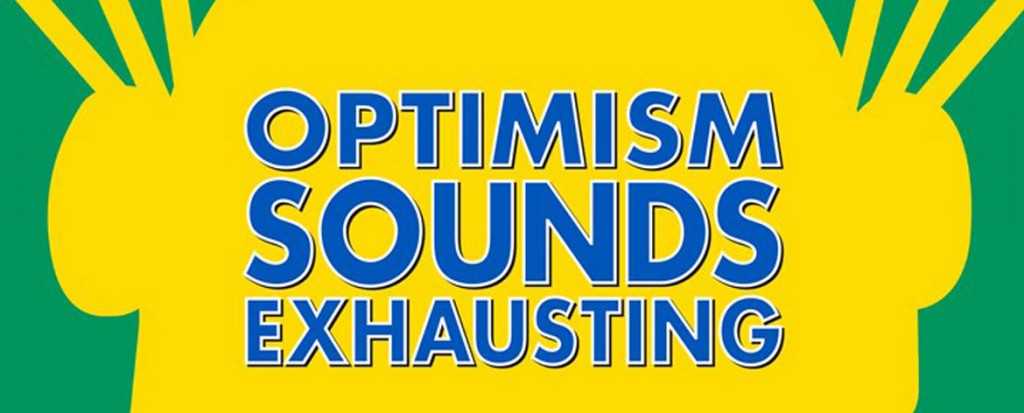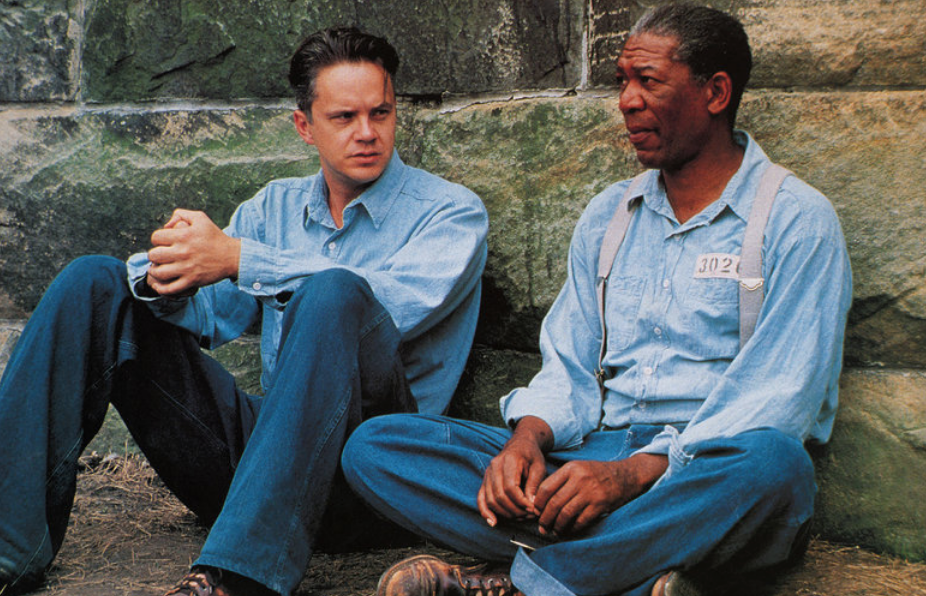GREAT EXPECTATIONS
The science of hope and optimism.

Source: The Foresters, 1892
“Hope smiles from the threshold of the year to come,
whispering, ‘It will be happier.’”
— Alfred Tennyson
BUT . . .
a little pessimism helps keep you grounded

“Nearly three-quarters of U.S. adults are pessimistic about the country’s future. This may not be all bad, though. Decades of research have found that positive thinking isn’t always so positive. In some cases, pessimists fare better than those with a sunnier disposition.”
— “The Power of Negative Thinking” (The Atlantic)
Seeing the world only through rose-colored glasses — known as “optimism bias” — can have its drawbacks, such as:
– overestimating your capabilities
– taking unnecessary risks
– living in a bubble of naiveté
– overlooking very real dangers
– setting yourself up for disappointment

“Optimism involves expectation—the belief that things are at least likely to get better. Hope, on the other hand, involves merely believing that better outcomes are possible.”
— Andrew Chignell
Professor of Philosophy,
University of Pennsylvania
Hope on Screen
As part of a major research project funded by the John Templeton Foundation, the folks at Hope & Optimism held a short-film competition. Here’s the winner. Grab a tissue.
12 Great Movies about Hope
Babette’s Feast (1989) | Born into Brothels (2004) | The Bucket List (2007) | Children of Men (2006) | Erin Brockovich (2000) | In America (2002) | It’s a Wonderful Life (1946) | Life Is Beautiful (1997) | Ratatouille (2007) | Rocky (1976) | The Shawshank Redemption (1994) | Two Days, One Night (2014)
Dig Deeper
More reading and viewing on hope and optimism:
Articles

“How Being Too Optimistic Can Make You Delusional about Reality” (Big Think)
“Humans Are Bad at Predicting Futures That Don’t Benefit Them” (The Atlantic)
“What’s the Difference Between Optimism and Hope?” (Psychology Today)
“The Evolution of Hope and Despair” (Social Research)
“What Do Atheists Hope For?” (Big Think)
“Optimism Is a Skill That Can Be Learned” (Big Think)
“A Simple Exercise to Boost Optimism (And Improve Health)” (Psychology Today)
Books
The Psychology of Hope (Jossey-Bass)
Learned Optimism: How to Change Your Mind and Your Life (Vintage)
Hope in the Age of Anxiety (Oxford University Press)
Optimism: The Biology of Hope (Kodansha)
Cultures of Optimism (Palgrave Macmillan)
And just for fun: Optimism Sounds Exhausting (a collection of Dilbert cartoons)

Videos

“Hope and Despair Exist on a Spectrum” (Big Think)
“Optimists Do It Longer: How a Positive Outlook Will Boost Your Longevity” (Big Think)
“Hope and Relationships” (Big Think)
“Are We Born Optimistic? Or Is It a Coping Skill We Learn?” (Big Think)
“Hope and Optimism Across Life” (Big Think)

